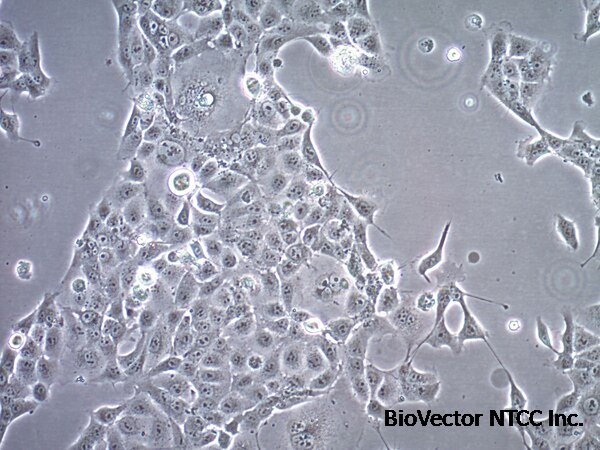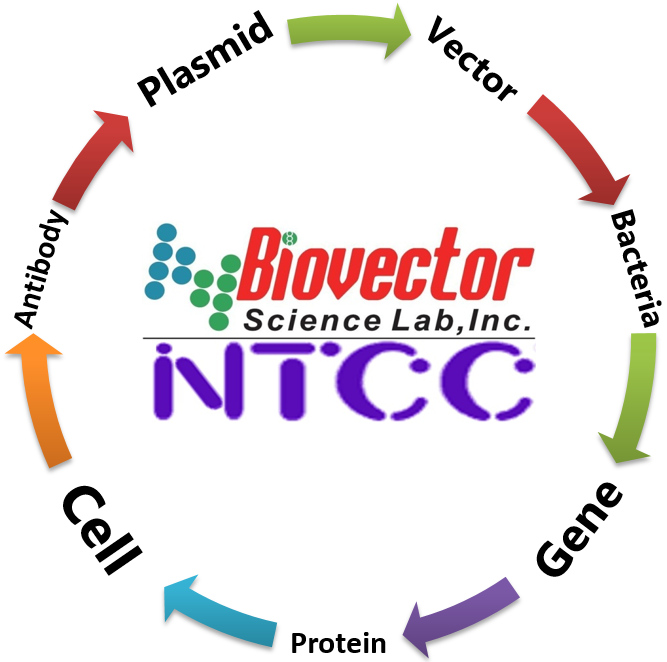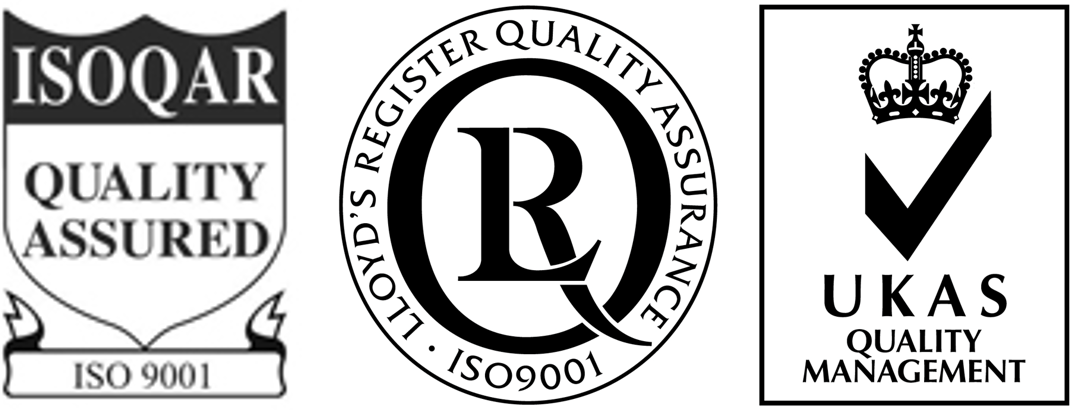HCC827-Taxol NTCC cell line人非小细胞肺癌紫杉醇耐药株-BioVector Inc.
- 价 格:¥598950
- 货 号:NTCC-HCC827-Taxol
- 产 地:北京
- BioVector NTCC典型培养物保藏中心
- 联系人:Dr.Xu, Biovector NTCC Inc.
电话:400-800-2947 工作QQ:1843439339 (微信同号)
邮件:Biovector@163.com
手机:18901268599
地址:北京
- 已注册
NTCC's HCC827-Taxol resistant cell line is a subline derived from the parental HCC827 human non-small cell lung cancer (NSCLC) cell line that has developed the ability to survive and proliferate in the presence of Taxol (paclitaxel), a commonly used chemotherapy drug.

How such a cell line is typically established:
These resistant cell lines are usually generated in the laboratory through prolonged and stepwise exposure of the parental, drug-sensitive HCC827 cells to increasing concentrations of Taxol. This process mimics the development of drug resistance observed in patients during chemotherapy.
Initial exposure: Parental HCC827 cells are cultured in a low, sub-lethal concentration of Taxol.
Selection: Cells that survive this initial exposure are allowed to proliferate.
Escalation: Once the cells demonstrate stable growth in the presence of the drug, the concentration of Taxol is gradually increased over weeks or months.
Confirmation of resistance: The established resistant cell line (e.g., HCC827-DR for docetaxel-resistant, or by a similar naming convention for paclitaxel) will have a significantly higher IC50 (half maximal inhibitory concentration) for Taxol compared to the parental HCC827 cells, indicating their acquired resistance.
Why study HCC827-Taxol resistant cell lines?
While HCC827 is primarily known for its EGFR mutation (exon 19 deletion) and its sensitivity to EGFR TKIs, the development of resistance to conventional chemotherapies like Taxol is a significant clinical problem. Studying HCC827-Taxol resistant cell lines allows researchers to:
Uncover resistance mechanisms: Identify the molecular and cellular changes that enable the cells to evade the cytotoxic effects of Taxol. This can involve:
Upregulation of efflux pumps (e.g., ABCB1/P-glycoprotein): This is a very common mechanism of resistance to Taxol, where the drug is actively pumped out of the cell.
Studies have shown that docetaxel-resistant HCC827 cells (HCC827-DR) highly express ABCB1. Alterations in microtubule structure or dynamics: Mutations in tubulin, changes in tubulin isotype expression, or alterations in microtubule-associated proteins can affect Taxol binding or microtubule stability.
Changes in cell cycle regulation or apoptotic pathways: Cells might bypass the mitotic arrest induced by Taxol or become more resistant to apoptosis.
Acquisition of stem cell-like properties: Resistant cells can exhibit features associated with cancer stem cells, such as increased ALDH1A1 expression and self-renewal capabilities, which contribute to chemoresistance.
Epithelial-Mesenchymal Transition (EMT): Cells undergoing EMT can become more resistant to various therapies, including Taxol.
Cross-resistance:Sometimes, resistance to one drug can lead to resistance to other unrelated drugs or even targeted therapies.
For instance, some studies suggest that resistance to EGFR-TKIs can induce resistance to paclitaxel in HCC827 cells by influencing stemness or metabolic pathways.
Identify biomarkers: Discover molecular markers that predict Taxol resistance in patients.
Develop strategies to overcome resistance: Design new combination therapies or novel drugs that can circumvent the identified resistance mechanisms. For example, if ABCB1 overexpression is a mechanism, using ABCB1 inhibitors could resensitize the cells.
Important Note: It's crucial to differentiate HCC827 cells that have developed resistance to EGFR TKIs (e.g., gefitinib, erlotinib, osimertinib) from those resistant to Taxol. While both are acquired resistance mechanisms, the underlying molecular changes are often distinct, though some cross-talk or shared pathways can exist (e.g., EMT, stemness). Research has shown that HCC827/OSIR (osimertinib-resistant HCC827) cells actually had similar anti-proliferative effects to paclitaxel compared to parental HCC827 cells, indicating that resistance to EGFR-TKIs doesn't automatically confer resistance to Taxol in this specific context.
BioVector NTCC Inc.
www.biovector.net
- 公告/新闻




